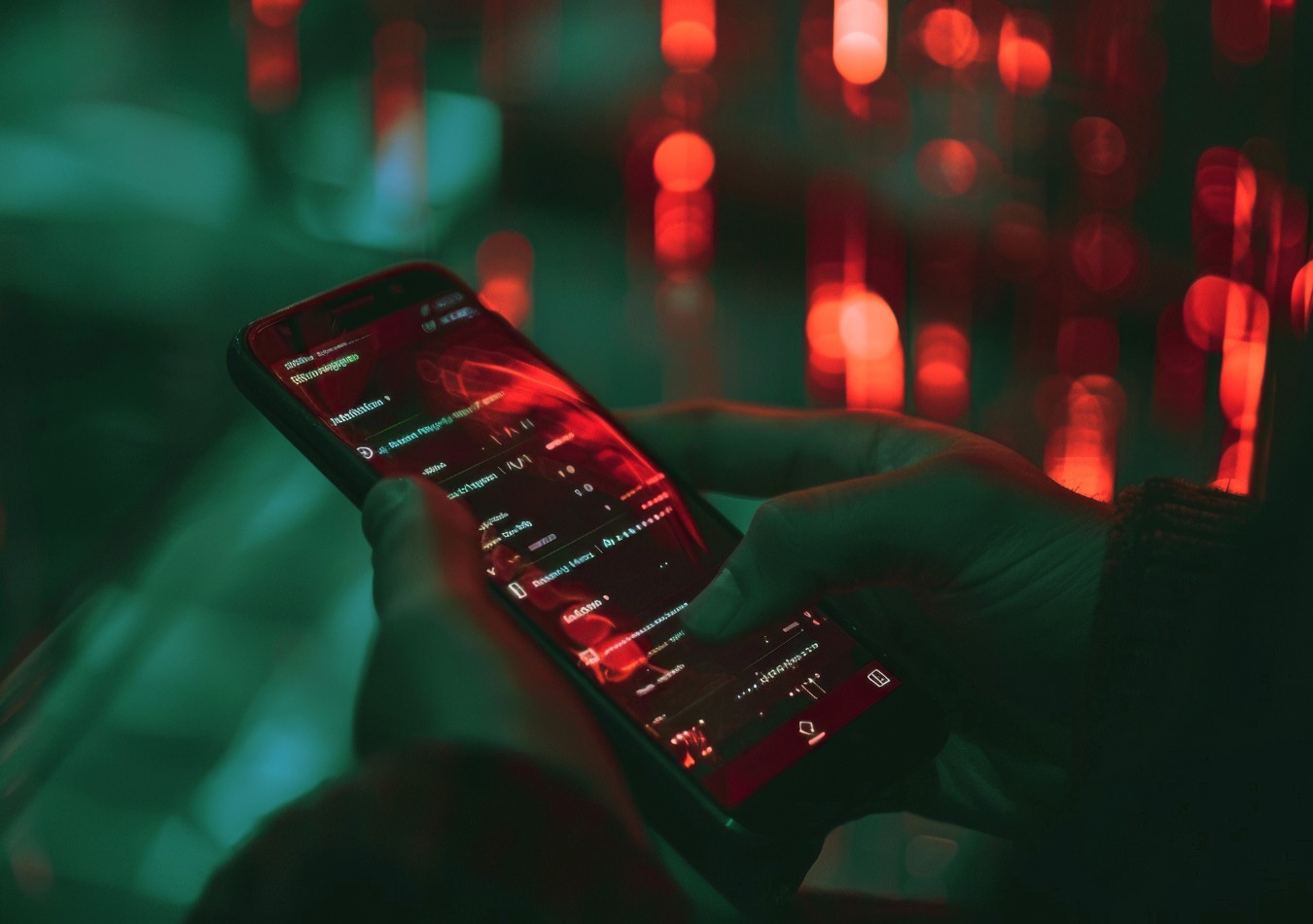
An investigation recently uncovered that Serbian police authorities and intelligence officials have been using spyware to spy on journalists, environmental activists and other individuals in a covert surveillance campaign.
A new report by Amnesty International, a human rights-focused international non-governmental organisation (NGO) revealed that mobile forensic products made by Cellebrite, an Israeli firm are being used to extract data from mobile devices belonging to journalists and activists.
NoviSpy, an Android spyware system was deployed to individual devices during periods of detention or police interviews.
Amnesty International has particularly called out the Serbian police and the Security Information Agency – Bezbedonosno-informativna Agencija – BIA for spying on journalists and activists.
“Our investigation reveals how Serbian authorities have deployed surveillance technology and digital repression tactics as instruments of wider state control and repression directed against civil society,” stated Dinushika Dissanayake, Amnesty International’s Deputy Regional Director for Europe.
“It also highlights how Cellebrite mobile forensic products – used widely by police and intelligence services worldwide – can pose an enormous risk to those advocating for human rights, the environment and freedom of speech, when used outside of strict legal control and oversight.”
iPhone Access Without Passcode
Israeli company, Cellebrite's UFED collection of products was used to extract data from multiple mobile devices from both Android and iPhone models.

According to the report, Cellebrite can access phones without requiring passcodes.
Surveillance on Android devices was particularly targeted through NoviSpy, a spyware similar to Pegasus but is “less technically advanced.”
Needless to say, the spyware was used to extract the personal information of victims called for questioning by Serbian authorities.
Cellebrite forensic products were used to activate NoviSpy software on journalists' and activists' devices.
The spyware is renowned for granting access to personal data from targeted mobile devices. It can also covertly switch on the targeted phone’s microphone and camera.
Cellebrite products unlock the phones ahead of enabling spyware infection to extract personal data.
The Amnesty International report suggests that journalists were particularly targeted owing to their vital work and advocacy against the Serbian government.
One such independent investigative journalist arrested was Slaviša Milanov.
Milanov was questioned by the police under the pretext of unrelated issues (in Milanov's case, a test for driving under the influence). During detention, their phones were secretly accessed, data was extracted, and spyware (like NoviSpy) was covertly installed on their devices.
Such instances have contributed to the growing concern of misusing surveillance technologies worldwide.
Also Read: Sextortion Scam Uses Photos of Your Home from Google Maps
What is Spyware?
Spyware is a type of malicious software usually installed in a computing device without seeking consent from the device owner.
The aim of spyware is to extract sensitive data about the targeted device user including their digital activities. This prohibited information is either sold or delivered to third parties such as advertisers, data companies, cybercriminals or other special interest parties.
According to Proofpoint, spyware is one of the most common threats to internet users and can make its way onto a device without the end user’s knowledge via an app install package, file attachment, or malicious website.
How To Know If You Have Spyware?
Often it's difficult to detect spyware especially if you’re not an adept IT user. There are certain things to be mindful of. For instance, if your device slows down, it has a low battery life and heats up faster than usual. This is in combination with receiving unexpected messages like pop-ups, advertising messages or unusual communication.
Additionally, users are cautioned to look for unfamiliar applications or files on their devices as well as browser changes like new toolbars, search engines, or home pages not installed by the device owner.
Users should observe their data usage, for instance, if they notice a sudden increase in data use. Also, if the users’ camera or microphone randomly switches on or when they hear noises during phone calls. If users have installed an antivirus software, ensure it’s working.
Read: Top 10 Anti-Malware Tools
Also Read: Understanding Mercenary Spyware: What it is and How to Protect Yourself












